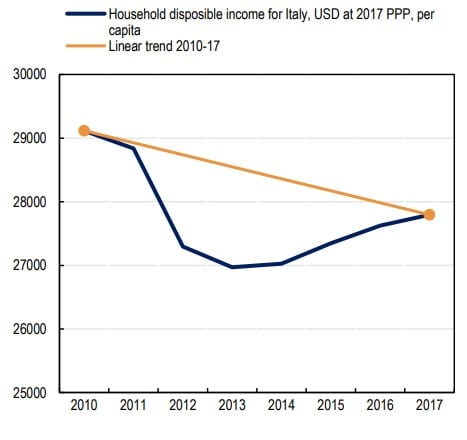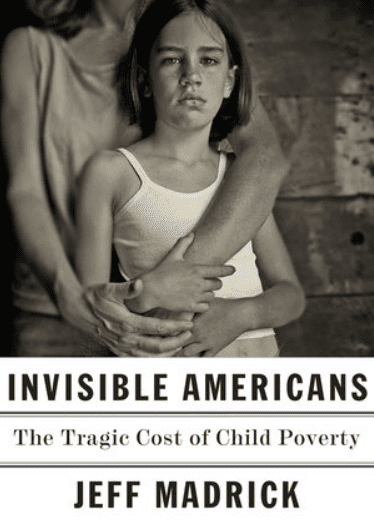
Archive for 2020
Italy’s household disposable income

Emerging Bicultural Views of Fatherhood: Perspectives of Puerto Rican Fathers
ReMindCare, an app for daily clinical practice in patients with first episode psychosis: A pragmatic real‐world study protocol
The Effects of Cannabis Use: A Test Among Dual Electronic and Combustible Cigarette Users
Foreword to the 2020 Special Issue: Journal of Hispanic Higher Education (JHHE) and the American Association of Hispanic Higher Education (AAHHE)
The Relationship between Job Quality and Crime: Examining Heterogeneity in Treatment and Treatment Effect
Managing the Uncertainty of a Pandemic
Effectiveness of a culturally-attuned integrated cognitive behavioural therapy for Chinese young people with drug abuse in Hong Kong
«Jeg får et helt annet innblikk»: Fagpersoners erfaringer med familieorientert praksis i rusbehandling: “I get a whole different view”: Professionals experiences with family-oriented practice in addiction treatment
Factors influencing harmonized health data collection, sharing and linkage in Denmark and Switzerland: A systematic review
Behavioral Activation and Acceptance and Commitment Therapy in the Treatment of Anxiety and Depression in Cancer Survivors: A Randomized Clinical Trial
Invisible Americans: The Tragic Cost of Child Poverty
